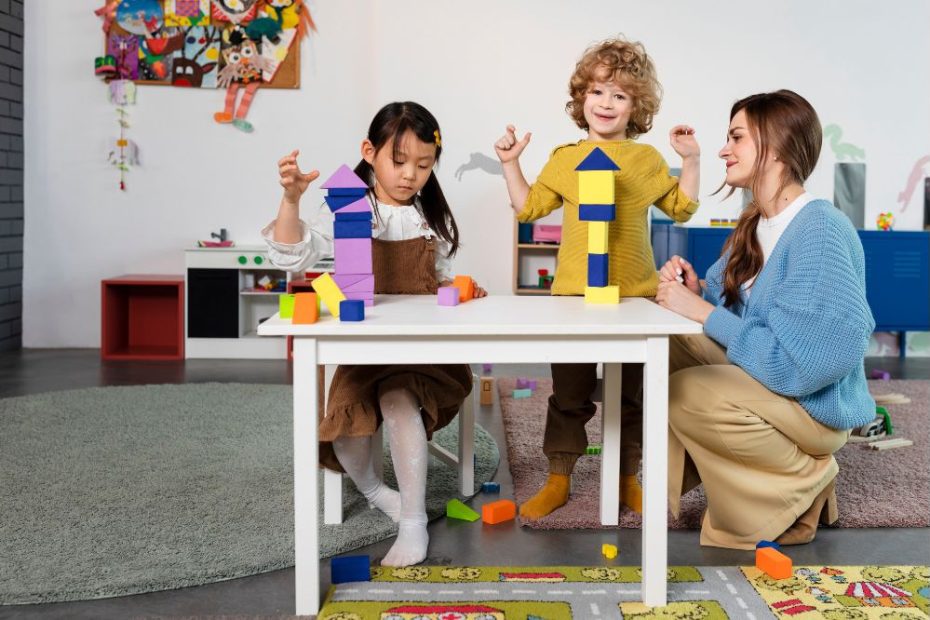Montessori education has become well known for its distinctive and successful method of developing young brains. This educational concept, created by Dr. Maria Montessori, strongly emphasizes experiential learning, personalized instruction, and holistic development. In this article, we’ll examine the incredible advantages of a Montessori education and how it can influence a child’s development and learning process.
Individualized Learning:
Focusing on personalized learning is one of the defining characteristics of Montessori education. Unlike traditional classrooms, Montessori classrooms allow kids to advance at their speed, where pupils adhere to a set curriculum. This method encourages a lifelong love of learning by enabling each child to explore and master subjects based on their particular skills and interests.
Holistic Development:
The entire development of children is prioritized in Montessori education, which extends beyond academics. The program covers all development elements, including mental, emotional, social, and physical. Practical life skills, sensory experiences, and artistic expression are seamlessly incorporated into the educational process to help kids grow into well-rounded adults with high emotional intelligence and problem-solving abilities.
Hands-On Learning:
Hands-on learning is a crucial part of a Montessori education. Children engage their senses and actively participate in their education through manipulative materials and interactive activities. This method improves students’ conceptual knowledge and fosters critical thinking and a stronger bond with the subject.
Self-Directed Exploration:
Montessori classrooms allow kids to direct their learning. They are free to select pursuits that match their passions and interests. As kids become more invested in their education, this self-directed discovery promotes independence and intrinsic drive.
Focus on Creativity:
In Montessori settings, where kids are urged to think creatively and use their imaginations, creativity is developed. They can enhance their creative thinking abilities, which are crucial for solving problems and adjusting to new difficulties, by participating in open-ended activities and having the freedom to express themselves.
Respect for Others:
Respect for oneself, others, and the environment is a significant theme in Montessori education. Children gain the ability to work together, communicate, and positively settle disputes. Healthy relationships and productive teamwork are built on empathy and understanding.
Preparation for Real-World Success:
The abilities gained via a Montessori education align with what is required in today’s society. Montessori alums are prepared for success in their future efforts by possessing independent thinking, adaptability, efficient communication, and a love of learning.
Conclusion:
As a result, children who receive a Montessori education grow up to be self-assured, competent, and caring people. A personalized learning approach, holistic growth, hands-on activities, and an emphasis on creativity facilitate a well-rounded educational experience. Montessori education is a light of creative and successful learning that equips students for a bright and promising future as parents and educators search for the best for their kids.
